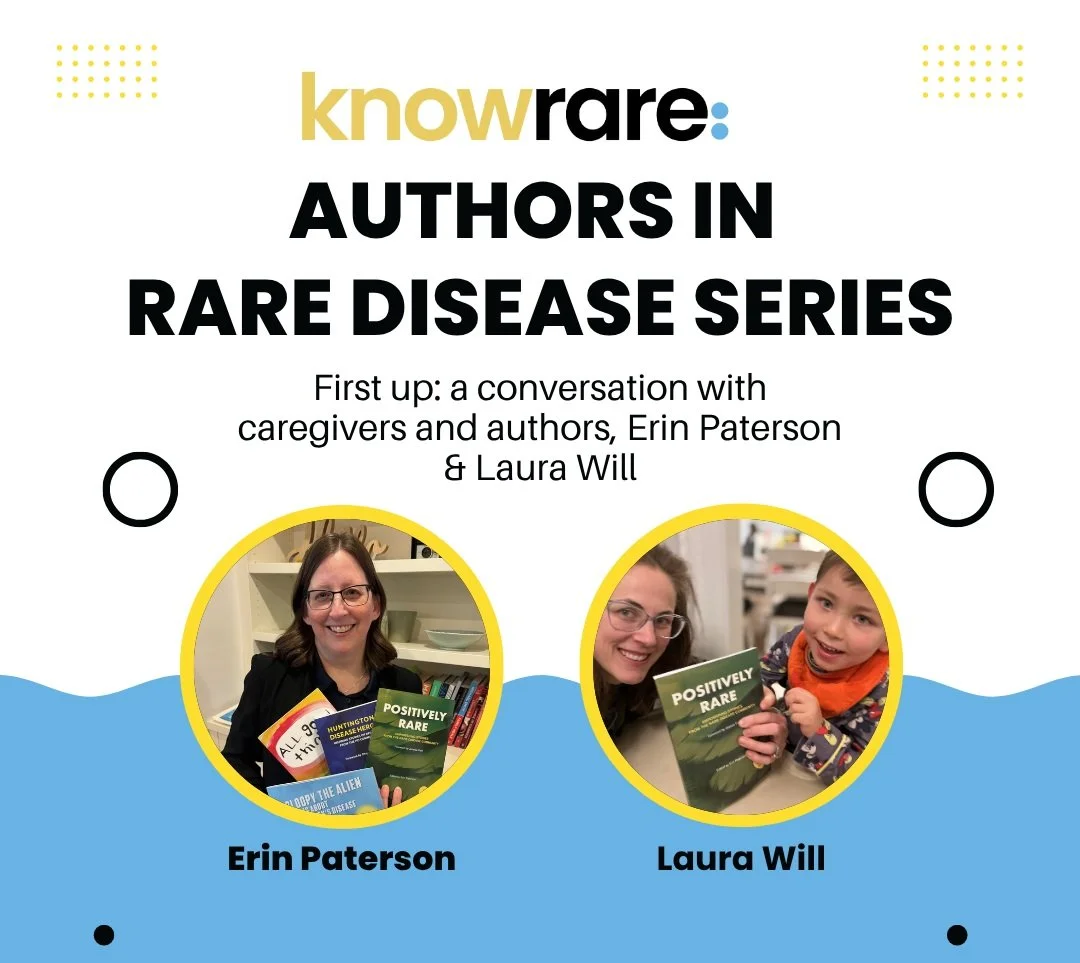Changemaker in Propionic and Methylmalonic Acidemia: Kimberly Chapman, MD, PhD
To truly understand the intricacies of a rare disease, it takes a rare type of doctor. Get to know the specialists who are at the forefront of rare disease research with our series, Changemakers in Rare.
Dr. Kimberly Chapman, Medical Geneticist
For Kimberly Chapman, the path to rare disease research began with necessity. During her medical residency, she was inspired by a patient who lived with propionic acidemia (PA), a rare metabolic disorder. Dr. Chapman became determined to change the future of treatment for those living with propionic acidemia. i.). Today, she is a medical geneticist based at the Children’s National Hospital in Washington, D.C., and is a leading expert on PA and other mitochondrial diseases and metabolic disorders. She also serves as the director of the mitochondrial disorders clinic at Children’s National. Read on to learn more about Dr. Chapman’s work, and why she feels that clinical trials are a crucial pathway to rare disease therapies.
What inspired you to become a specialist in rare disease?
I was always fascinated by genetics and DNA—my first job was in a laboratory where I studied DNA. I enjoyed the diagnostic process and the satisfaction that I got from taking care of the whole family. During my residency and fellowship in those fields, I took care of a young lady who had propionic acidemia [an inherited condition that prevents the body from breaking down certain elements of proteins and fats], which impacted me greatly. I felt incredibly frustrated by the lack of therapies available, so I went on to study PA—as well as methylmalonic acidemia, a related disorder—in my laboratory.
Many patients are tentative about participating in a clinical trial due to fears about what might be involved in the process. What advice do you have for people who are living with a rare disease and considering taking part in a clinical trial?
We don't know a lot about rare disorders because they are rare. When you write up clinical guidelines that summarize the appropriate treatment for many of those rare disorders, it becomes very apparent that, up to this point, treatment was based on trying something out and seeing if it worked. In more recent times, we’ve been able to identify the best management practices by using natural history studies and seeing whether one therapy or another helped more in real-life situations. We can also figure out typical complications from these therapies. One often doesn't think of natural history studies as clinical trials, but they are. They become the basis for trials that compare a new medicine or intervention to the current standard of care guidelines. If you have a rare disease, our best chance in helping you or future folks with any rare disorder is to learn from your experience as part of a natural history study, and with your help as a participant in a therapeutic trial. If you don't participate, how can we help you and others with the same thing?
What’s one thing you want people to know about your work and that of other rare disease specialists?
I wear a lot of hats—as a basic science researcher, clinical trialist, clinician, and more—but they all have the same aim: to help individuals with rare diseases, and their families, to live better lives. If you ask me a question, I can answer from all of these perspectives. However, there is still a lot that we don't know about rare diseases. Sometimes the answer is, “I don't know at this time.” By participating in clinical trials, people living with rare diseases can help us to give that answer less than we have to now.































